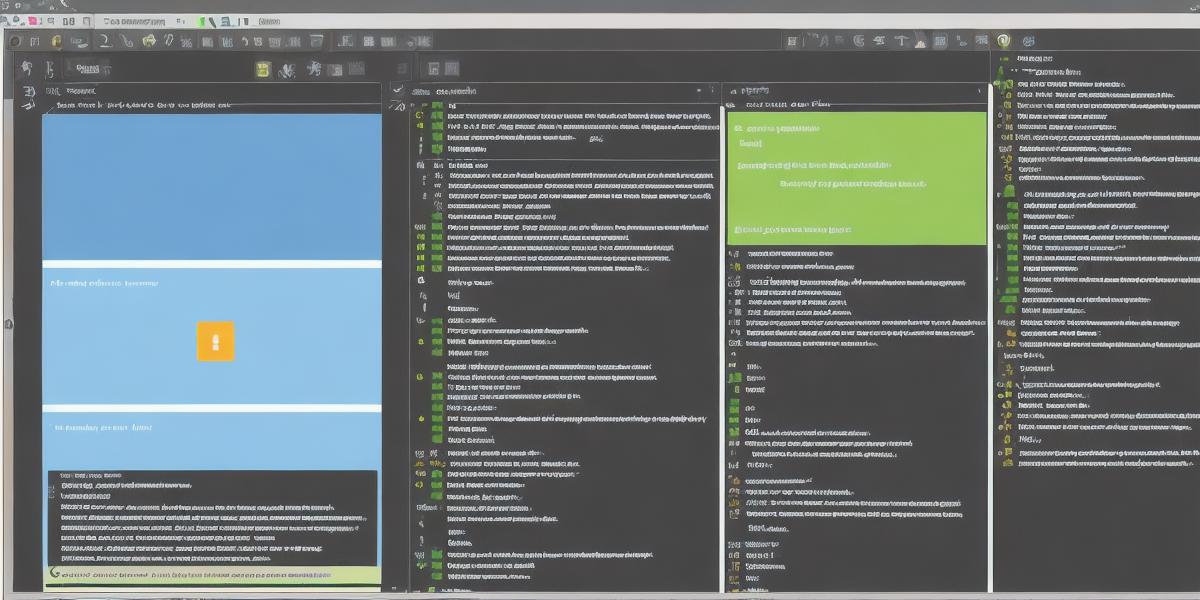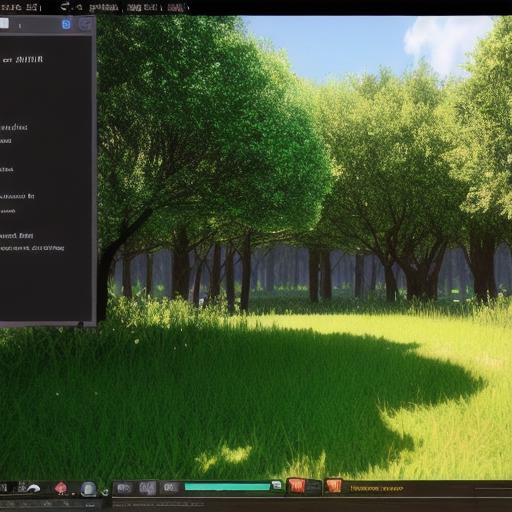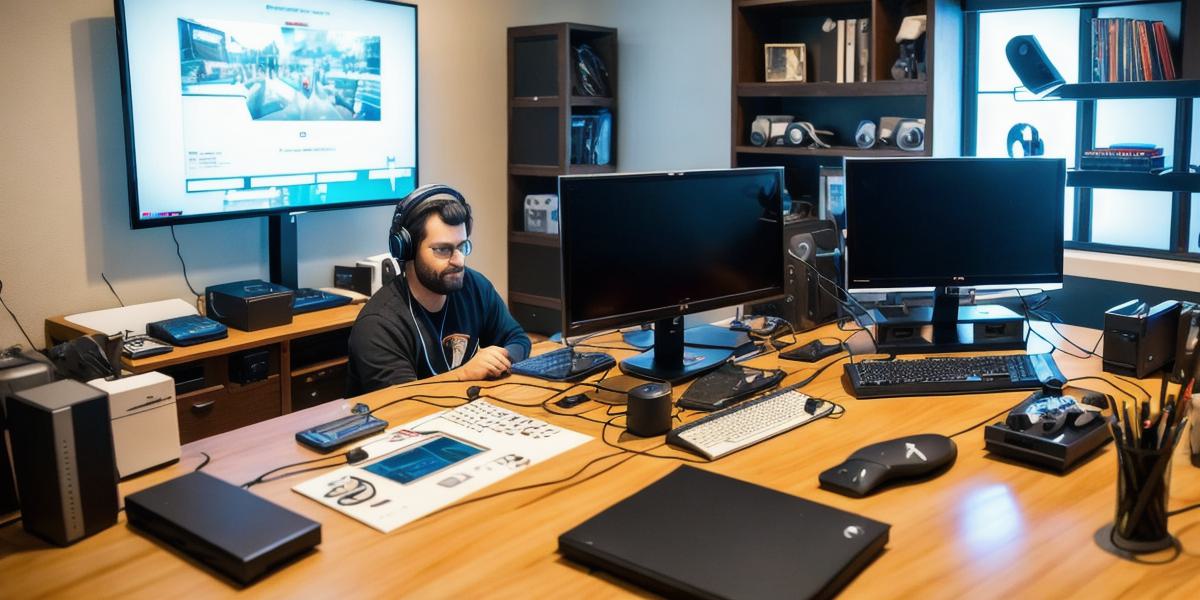Are you interested in game development and looking to get started on your journey? Do you want to create games for consoles, mobile devices, or computers? Look no further! In this article, we’ll take a step-by-step guide on how to get started in game development. From learning the basics of programming to finding work as a game developer, we’ll cover everything you need to know.
What is Game Development?
Before we dive into the steps to getting started in game development, it’s important to understand what game development entails. Game development is the process of creating interactive games for various platforms, such as consoles, mobile devices, computers, and more. Game developers use a variety of skills, including programming, art, design, and sound, to create engaging and fun games.
Learn the Basics of Programming
The first step in game development is learning the basics of programming. There are many programming languages used in game development, such as C++, Java, Python, and C. Each language has its own strengths and weaknesses, so it’s important to choose one that suits your needs and preferences.
To learn programming, you can start by taking online courses or enrolling in a college program in computer science or game design. There are also many free resources available online, such as coding tutorials and game development forums, where you can practice your skills and get feedback from other aspiring game developers.
Once you have a solid understanding of programming, you can move on to more advanced topics, such as game engines, which are software frameworks that provide a set of tools and resources for creating games. Popular game engines include Unity, Unreal Engine, and Construct 3.
Find Your Passion in Game Development
The next step is to find your passion in game development. What type of game do you want to create? Do you want to make action-packed shooters or puzzle games? Maybe you’re interested in creating educational games for children. Whatever type of game you choose, it’s important to be passionate about it and have a clear vision in mind.
Passion is what will drive you through the tough times and keep you motivated when things get difficult. It’s also what will make your game stand out from others and attract players. So take some time to think about what type of game you want to create and what you’re passionate about.
Learn Art and Design
In addition to programming, art and design are also important aspects of game development. Game developers need to have a strong understanding of visual design, animation, and user interface design in order to create games that are visually appealing and easy to use.
To learn art and design, you can start by taking online courses or enrolling in a college program in art or design. There are also many free resources available online, such as design tutorials and game development forums, where you can practice your skills and get feedback from other aspiring game developers.
Once you have a solid understanding of art and design, you can move on to more advanced topics, such as game asset creation, which involves creating graphics, animations, and sound effects that are used in games.
Create Your Game Prototype
The next step is to create your game prototype. A game prototype is a basic version of your game that you can test and refine before investing too much time and money into it. To create your game prototype, you’ll need to use the skills you’ve learned so far, such as programming, art, and design.
To create your game prototype, you can start by brainstorming ideas and creating a rough concept for your game. Then, you can use game engines or other software tools to create a basic version of your game that you can test and refine.
Test Your Game Prototype
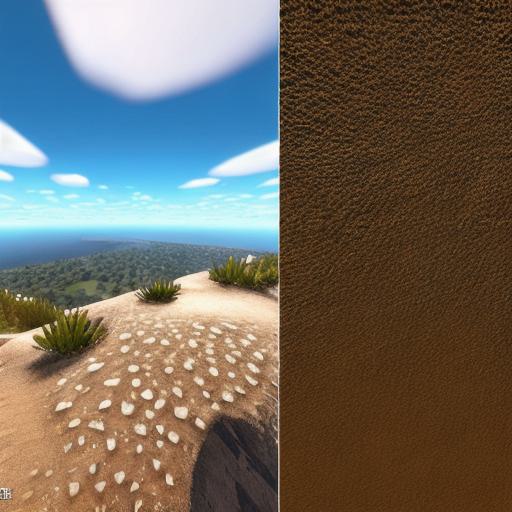
Once you have a basic version of your game prototype, it’s important to test it thoroughly to make sure it works as expected and is fun to play. To test your game prototype, you can ask friends or family members to play it and provide feedback on what they like and don’t like about the game.
You can also post your game prototype online and get feedback from other aspiring game developers and players. This will help you refine your game and make it better.
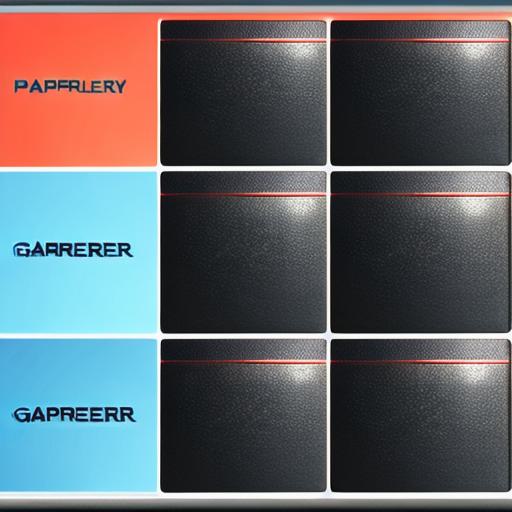
Find Work as a Game Developer
The final step in getting started in game development is finding work as a game developer. There are many ways to find work as a game developer, such as applying for jobs at game studios, freelancing, or starting your own game development studio.
To find work as a game developer, you’ll need to have a strong portfolio of your work and a solid understanding of the job market and what employers are looking for. You can also network with other game developers and attend industry events to learn more about job opportunities in game development.
Case Studies in Game Development
Now that we’ve gone over the steps to get started in game development, let’s look at some real-life examples of people who have successfully started their careers in game development.
-
Markus Persson: Markus Persson is a Swedish game developer and the creator of Minecraft, one of the most popular games in the world. Markus started out as a solo developer working from home and eventually sold Minecraft to Microsoft for $2.5 billion. His success story shows that with hard work and determination, anyone can succeed in game development.
-
Emily Greene: Emily Greene is an American game designer and the founder of Niantic, the company behind Pokémon Go, one of the most popular mobile games in the world. Emily started out as a student at the Rhode Island School of Design and eventually founded Niantic with her classmates. Her success story shows that with a strong education and a clear vision, anyone can succeed in game development.
-
Shigeru Miyamoto: Shigeru Miyamoto is a Japanese game designer and the creator of Super Mario Bros., one of the most iconic games in video game history. Shigeru started out as an artist for Nintendo before moving into game design. His success story shows that with a strong passion and a willingness to learn, anyone can succeed in game development.
FAQs
Here are some frequently asked questions about getting started in game development:
- Do I need to be good at math to be a game developer?
No, you don’t need to be good at math to be a game developer. While programming requires an understanding of math, there are many resources available online that can help you learn the basics of programming without needing a strong background in math. - Do I need to go to college to be a game developer?
No, you don’t need to go to college to be a game developer. While some game development jobs require a college degree, many successful game developers have come from other fields and have learned programming and game development on their own. - How do I find work as a game developer?
There are many ways to find work as a game developer, such as applying for jobs at game studios, freelancing, or starting your own game development studio. To find work as a game developer, you’ll need to have a strong portfolio of your work and a solid understanding of the job market and what employers are looking for. - How much does a game developer earn?
The salary of a game developer varies depending on factors such as experience, location, and the type of game development work they do. According to Glassdoor, the average salary for a game developer in the United States is around $80,000 per year. - Do I need to be an expert at one programming language to be a game developer?
No, you don’t need to be an expert at one programming language to be a game developer. While some game development jobs require proficiency in a specific programming language, many successful game developers have learned multiple programming languages and are able to adapt to different technologies as needed.
